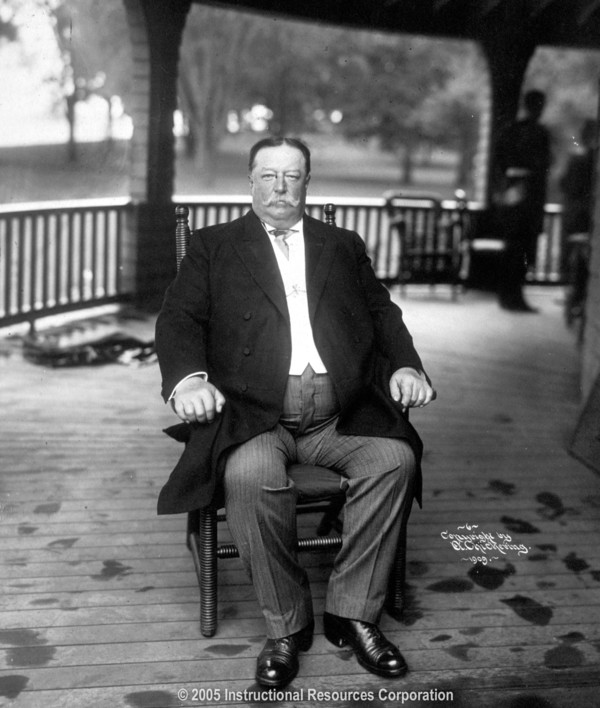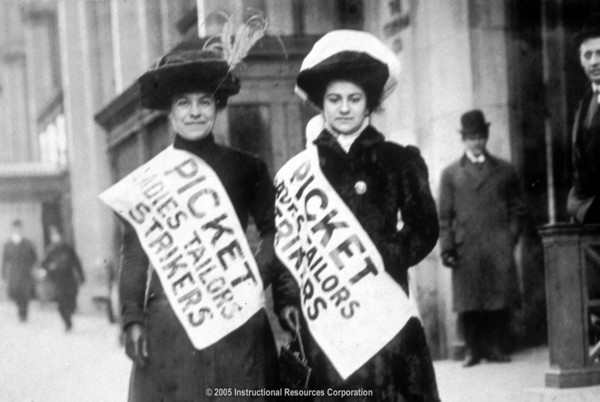Learn
Taft and T.R.
Theodore Roosevelt
By the time Theodore Roosevelt (also known as "Teddy" or "T.R.") assumed the presidency in 1901 at age 42 (youngest man to hold the office), the nation was ready for change. Plagued by corruption, poor working conditions, and millions of Americans living in poverty, the country yearned for progressive presidential leadership. Roosevelt energetically rose to the challenge. Upon assuming office he broke with tradition and intervened on behalf of laborers to end a contentious coal strike. Shortly thereafter, Roosevelt became known as the "Trust Buster" due to his efforts to eliminate the nation's harmful trusts, which are a combination of firms formed by legal agreement often used interchangeably with the term monopoly.
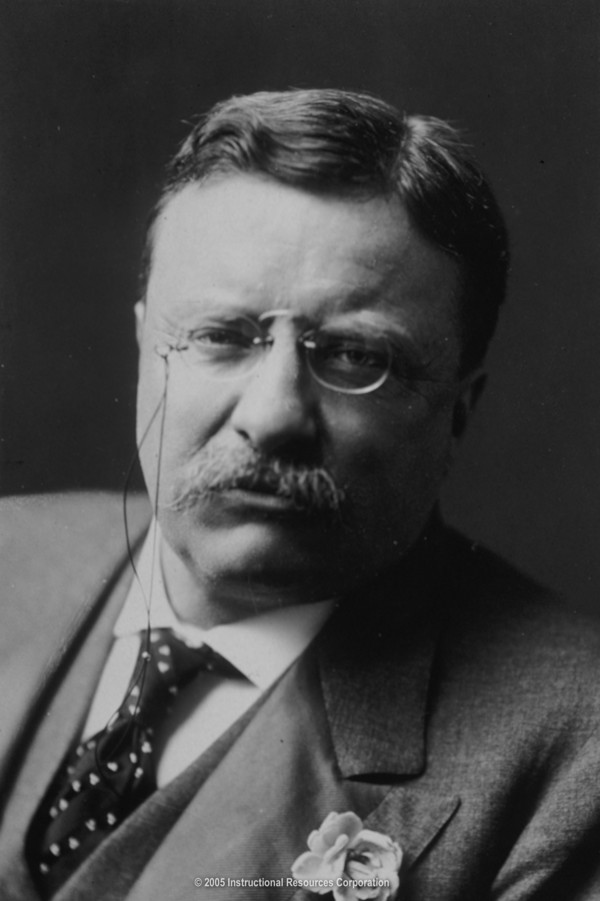
Read A Helping Hand for Labor to learn more about T.R.'s square deal for coal miners.
Legislation Under Roosevelt
In an effort to further protect American consumers, Roosevelt pushed for new laws like the Pure Food and Drugs Act and the Meat Inspection Act that ensured the safety of food and drugs produced in the United States.
Other legislation included the Hepburn Act to increase government power over railroads. But perhaps his most enduring legacy was the conservation, or the protection of natural resources, of 230,000,000 acres of land; property that today is largely dedicated as national Parks and National Forests, Roosevelt's leadership and reform efforts not only reinvigorated the White House, but it also established the tone for the Progressive Era.
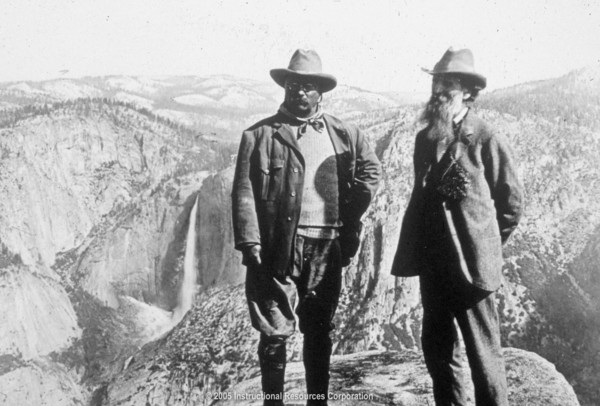
William Howard Taft
"In 1908, President Roosevelt stuck to his word and declined an opportunity to run for a third term. He did, however, hand-pick the Republican candidate for the election, his best friend, William Howard Taft who was President from 1903 to 1913. Taft easily won the election.
Hopes were high that President Taft would continue the Progressive agenda first introduced under his predecessor. To some extent, Taft fulfilled expectations; he dissolved more trusts than Roosevelt and instituted an eight-hour work day for federal employees.
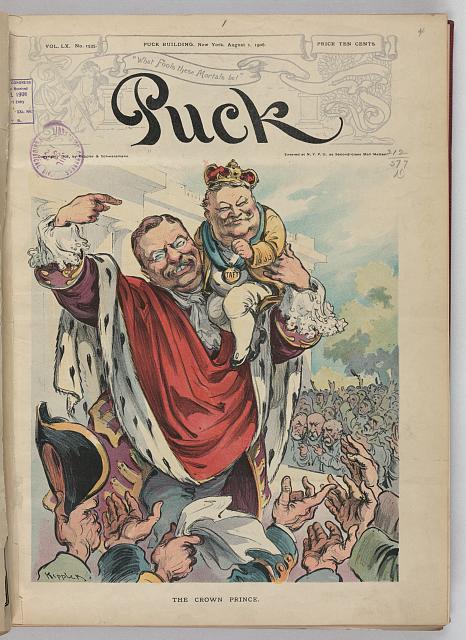
Read Passing the Torch to learn more about President Taft and his policies.
Taft Disappoints Progressives
Despite exceeding T.R.'s number of reforms, Taft never got the full support of Progressives in the Republican Party. He strayed from party lines by supporting the Payne-Aldrich Tariff, which increased tariffs, which are taxes on imports or exports. Taft also turned many former friends into foes when he fired a popular progressive conservationist during the Ballinger-Pinchot Affair.
These breaks from the progressive wing of the Republican Party cost Taft much needed support and led to a significant decline in his popularity with the American people. Moreover, Taft lost the support of Teddy Roosevelt who decided to run against him in the next election.
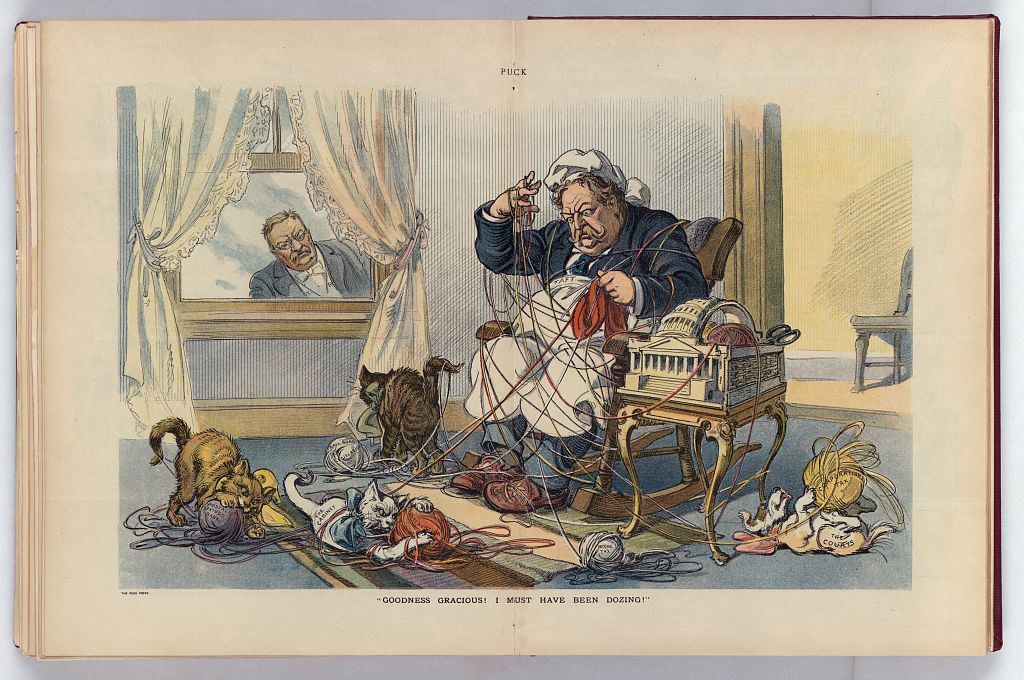
Woodrow Wilson
Election of 1912
The election of 1912 was not a typical presidential election. There was division within the Republican Party that resulted in a split vote during the 1912 election. Taft, the incumbent or person who currenttly holds an office, ran on the Republican ticket with the support of "old guard" Republicans. Many progressive Republicans supported former President Teddy Roosevelt, who ran as a third party candidate on behalf of the "Bull Moose" Party, which was a third party created by T.R. after the Republicans nominated Taft. The name refers to T.R. saying he felt stronger than a Bull Moose. Roosevelt ran on a platform of social reform based on his plan of New Nationalism. There was also a labor leader, Eugene V. Debbs, who ran on the Socialist Party ticket.
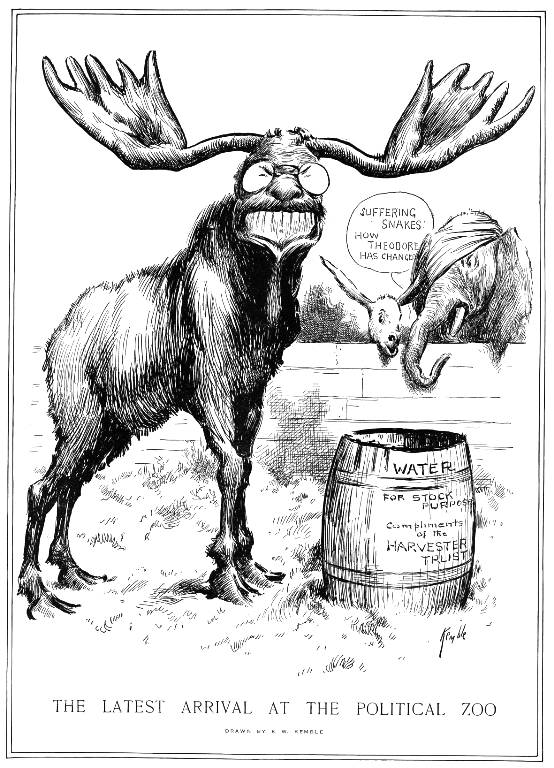
Read The Election of 1912 to learn more about the candidates and the election.
Woodrow Wilson
With Republican votes split between Taft and Roosevelt, the progressive New Jersey governor and Democratic candidate, Woodrow Wilson, managed to pull off an easy victory. President Wilson immediately began implementing policies from his campaign platform, New Freedom. Once in office, Wilson initiated a number of reforms. In his first two years, Wilson lowered unpopular tariffs, transformed the banking industry with a new Federal Reserve Board, and clarified anti-trust laws that gave new protections to labor unions and their members. Wilson ran again in 1916 in hopes of achieving even more reform; however, the U.S. entry into World War I marked an end to the Progressive Era.
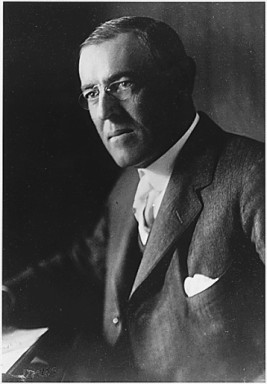
Read Woodrow Wilson's New Freedom to learn more about the candidates and the election.
Legislation Under Wilson
- 16th Amendment: Instituted an income tax to be collected by Congress
- Underwood Tariff: Lowered the tariff on imported goods
- 17th Amendment: Allowed for the direct election of U.S. Senators
- Federal Reserve Act: Created a publicly controlled banking system regulated by the Federal Reserve
- 18th Amendment: Banned the sale and consumption of alcohol
- Clayton Anti-Trust Act: outlawed specific business combinations and practices that reduced competition
- 19th Amendment: Gave women the right to vote
- Federal Trade Commission Act: Established the Federal Trade Commission to regulate big business
Review
Roosevelt's two terms in office reflected the deals of the Progressive Era. As president, he energetically sought to reform American society :or the better, while also supporting and enabling its growth.
The progressive agenda that formerly focused on trust-busting, conservation, and consumer protection, was expanded under Taft and Wilson :o include tariff, tax. and banking reforms as well. They managed to exceed Roosevelt's efforts by achieving an even larger number of reforms during their tenure in office. Altogether, T.R., Taft, and Wilson established a lasting legacy of reform and conservation that affects us still today.
